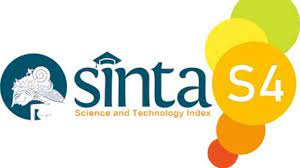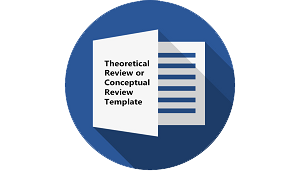GENETIC STRUCTURALISM AND VALUE OF CHARACTER EDUCATION IN THE MONOLOGUE MATINYA TOEKANG KRITIK, THE DEATH OF CRITICIZERS BY AGUS NOOR
DOI:
https://doi.org/10.30957/ijoltl.v3i1.411Keywords:
Genetic Structuralism, character building value, monologue, Matinya Toekang KritikAbstract
 The aims of this research are to describe writer’s point of view of Agus Noor on monologue Matinya Toekang Kritik, the Death of Criticisers, text structure, social structure, and tolerance attitude as the character building values in the work. This research is the descriptive qualitative research. Data were validated using theory triangulation and data triangulation. The data were analyzed using interactive analysis techniques and content analysis. The results are: (1) Drama writer group’s point of view is social humanism, (2) Monolog text structure describes demonstrative life with Javanese values that found through structuralism analysis approach, (3) Monologue text structure is divided into harmony, honourability, the lifestyle of priyayi and wong cilik and also the relationship between priyayi and government, and (4) The most dominant character building is tolerance shown explicitly or implicitly by the players.ÂDownloads
Download data is not yet available.
Downloads
Published
2018-01-27
How to Cite
Maulina, O. H., Suyitno, S., & Wardani, N. E. (2018). GENETIC STRUCTURALISM AND VALUE OF CHARACTER EDUCATION IN THE MONOLOGUE MATINYA TOEKANG KRITIK, THE DEATH OF CRITICIZERS BY AGUS NOOR. IJOLTL (Indonesian Journal of Language Teaching and Linguistics), 3(1), 89–102. https://doi.org/10.30957/ijoltl.v3i1.411
Issue
Section
Articles
License
Authors who publish with this journal agree to the following terms:
- Authors retain copyright and grant the journal right of first publication with the work simultaneously licensed under a Creative Commons Attribution-ShareAlike 4.0 International License that allows others to share the work with an acknowledgement of the work's authorship and initial publication in this journal.
- Authors are able to enter into separate, additional contractual arrangements for the non-exclusive distribution of the journal's published version of the work (e.g., post it to an institutional repository or publish it in a book), with an acknowledgement of its initial publication in this journal.
- Authors are permitted and encouraged to post their work online (e.g., in institutional repositories or on their website) prior to and during the submission process, as it can lead to productive exchanges, as well as earlier and greater citation of published work (See The Effect of Open Access).












